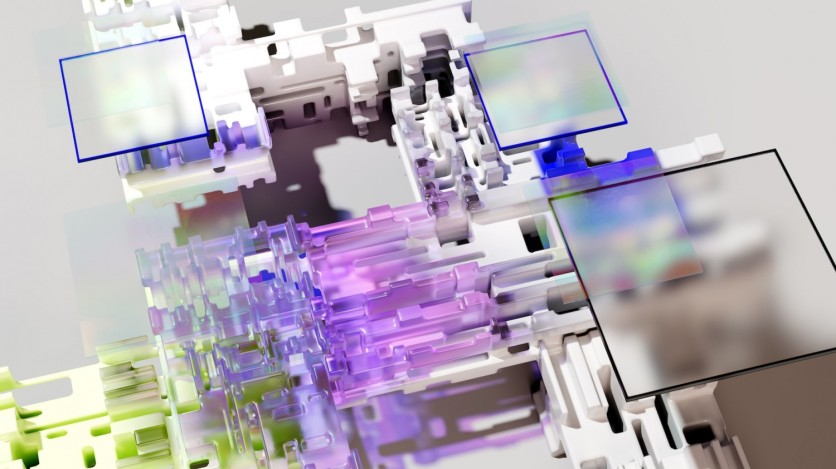One of the most trusted and visited academic journals in the world, Nature, recently banned the use of AI-generated art or content in the published works that will appear on its platform. This means that anything created by ChatGPT, Midjourney AI, Adobe Firefly, DALL-E 2, and other content generation AI tech would not be published.
Nature Journal Bans AI-Generated Work on Published Works

In the latest editorial post of Nature, the famous 153-year-old journal is now banning the use of AI-generated content in its published works, particularly centering on image and video content used by researchers. The journal cited that this centers on privacy, consent, and intellectual property, particularly for those whose works were copied without the proper notice.
Nature is saying a big "NO" to these kinds of work in its updated ethical guidelines now posted on its platform for all researchers submitting their content for publication.
"While legal issues relating to AI-generated images and videos remain broadly unresolved, Springer Nature journals are unable to permit its use for publication," says Nature.
However, research and studies that center on AI are still permitted, noting that it should be properly cited in their research, but ChatGPT creations do not satisfy its AI authorship criteria.
New Ethical Guidelines that Promote Integrity in Nature
Nature cites integrity as one of the reasons for its ban on AI-generated content, saying "Why are we disallowing the use of generative AI in visual content? Ultimately, it is a question of integrity."
"Existing generative AI tools do not provide access to their sources so that such verification can happen," said Nature.
"Then there's attribution: when existing work is used or cited, it must be attributed. This is a core principle of science and art, and generative AI tools do not conform to this expectation," further citing the problems in AI-generated content use.
AI-Generated Content and its Growth Now
Over the year, AI-generated content has grown quite massive in the world, with different industries already seeing the abundance of creations from users who request prompts from the technology. There were viral posts about making hyper-realistic content, and there was one where it created a concert in vintage Polaroid photos that did not exist.
AI is so advanced now that it can create fake events that may seem true, with a basis to real-world events from the internet, but is not entirely accurate when conveying information. This can also be said for OpenAI's ChatGPT, one of the most popular and powerful AI technologies in the world, with several issues of generating fake content.
The abundance of AI-generated content is both celebrated and denounced by the world, especially with what it brings to society and how it shapes the current world we live in. Nature's decision to ban AI content centers on keeping its integrity and the content available in its platform center on purely research and facts, as part of its updated ethical guidelines.

![Apple Watch Series 10 [GPS 42mm]](https://d.techtimes.com/en/full/453899/apple-watch-series-10-gps-42mm.jpg?w=184&h=103&f=9fb3c2ea2db928c663d1d2eadbcb3e52)



